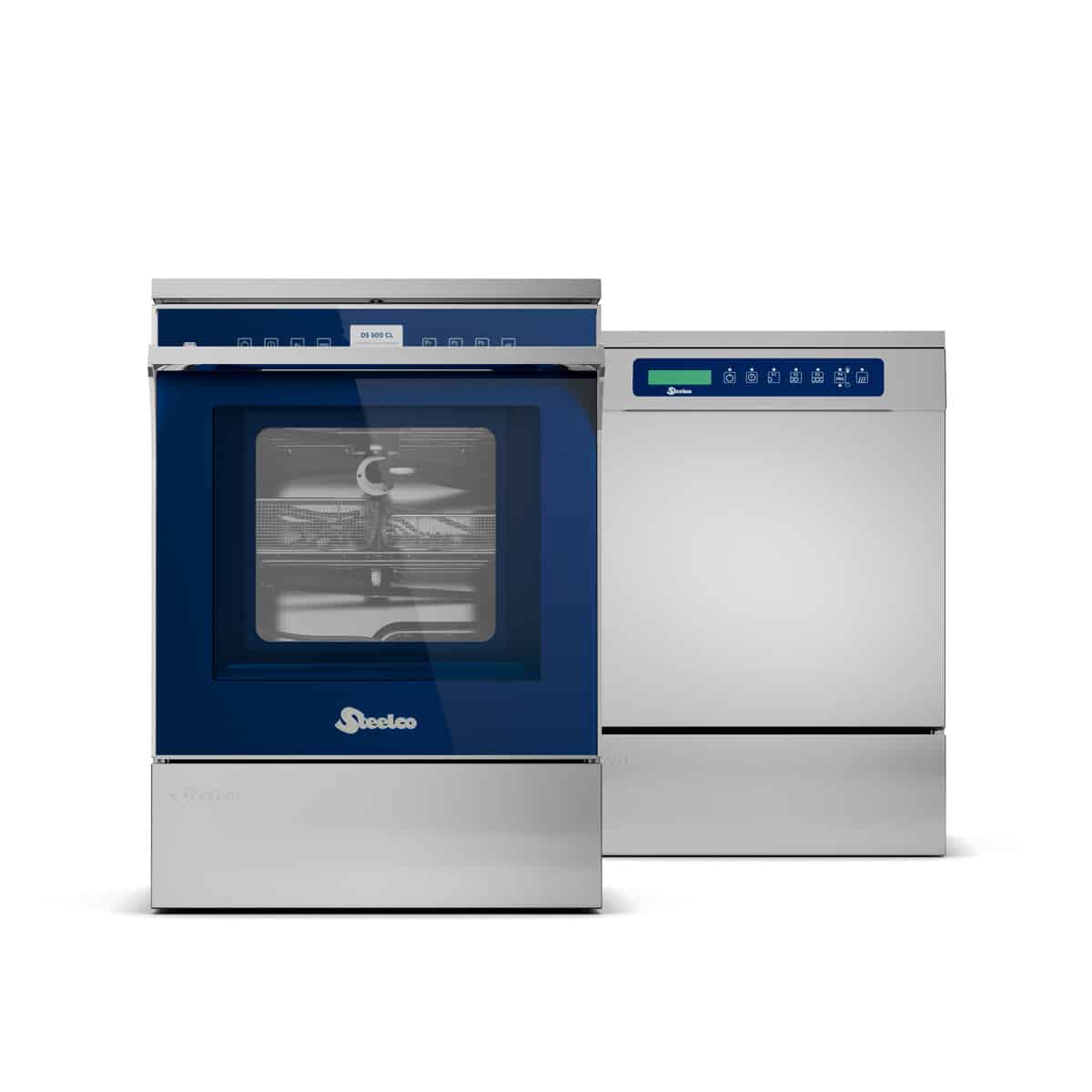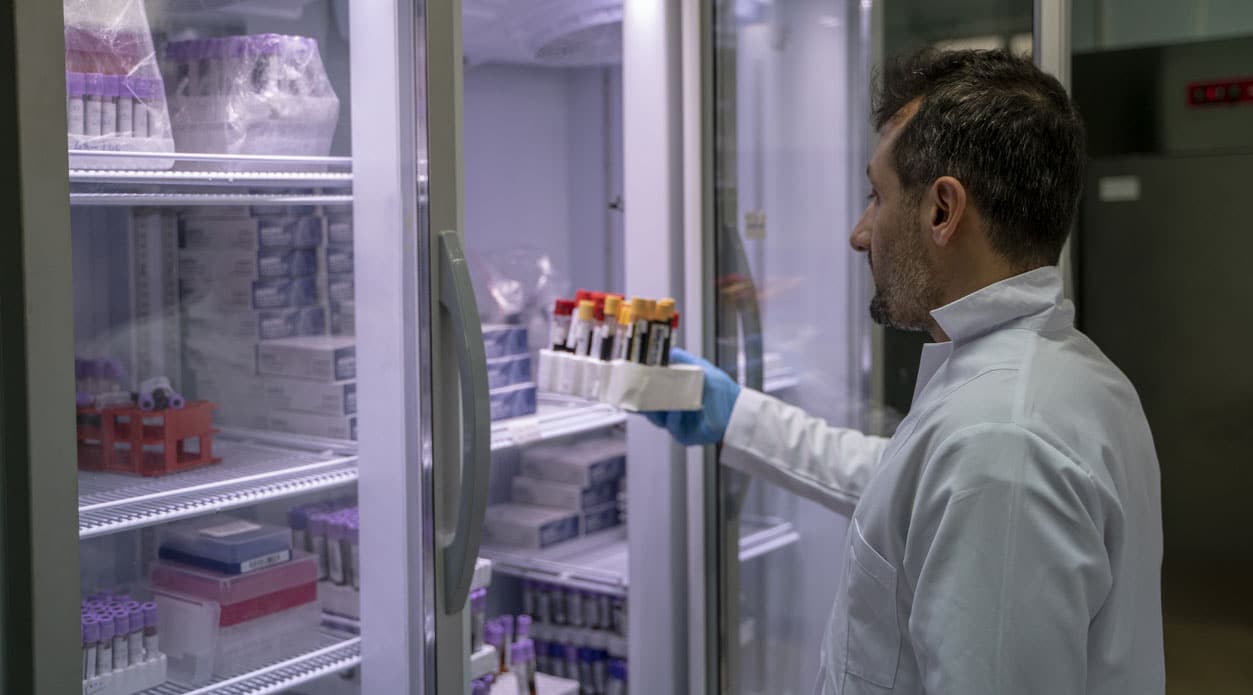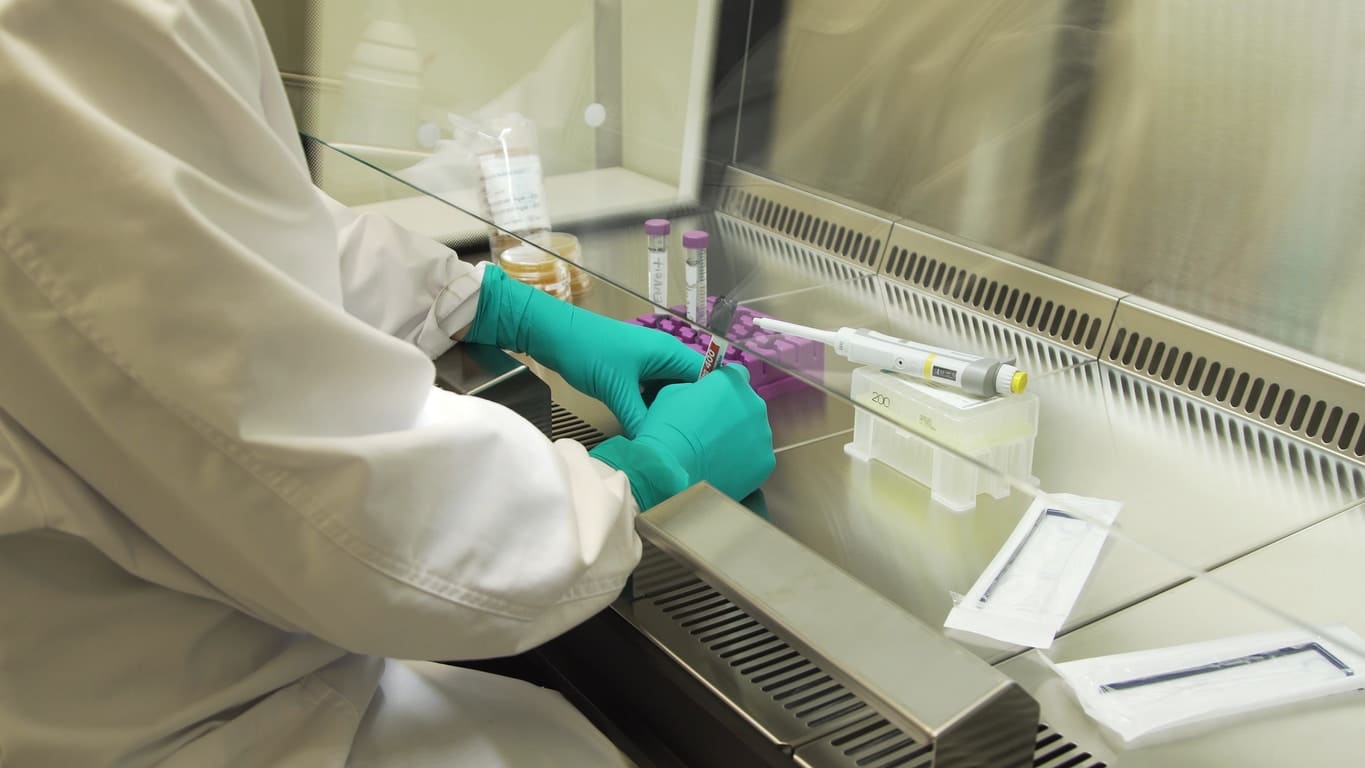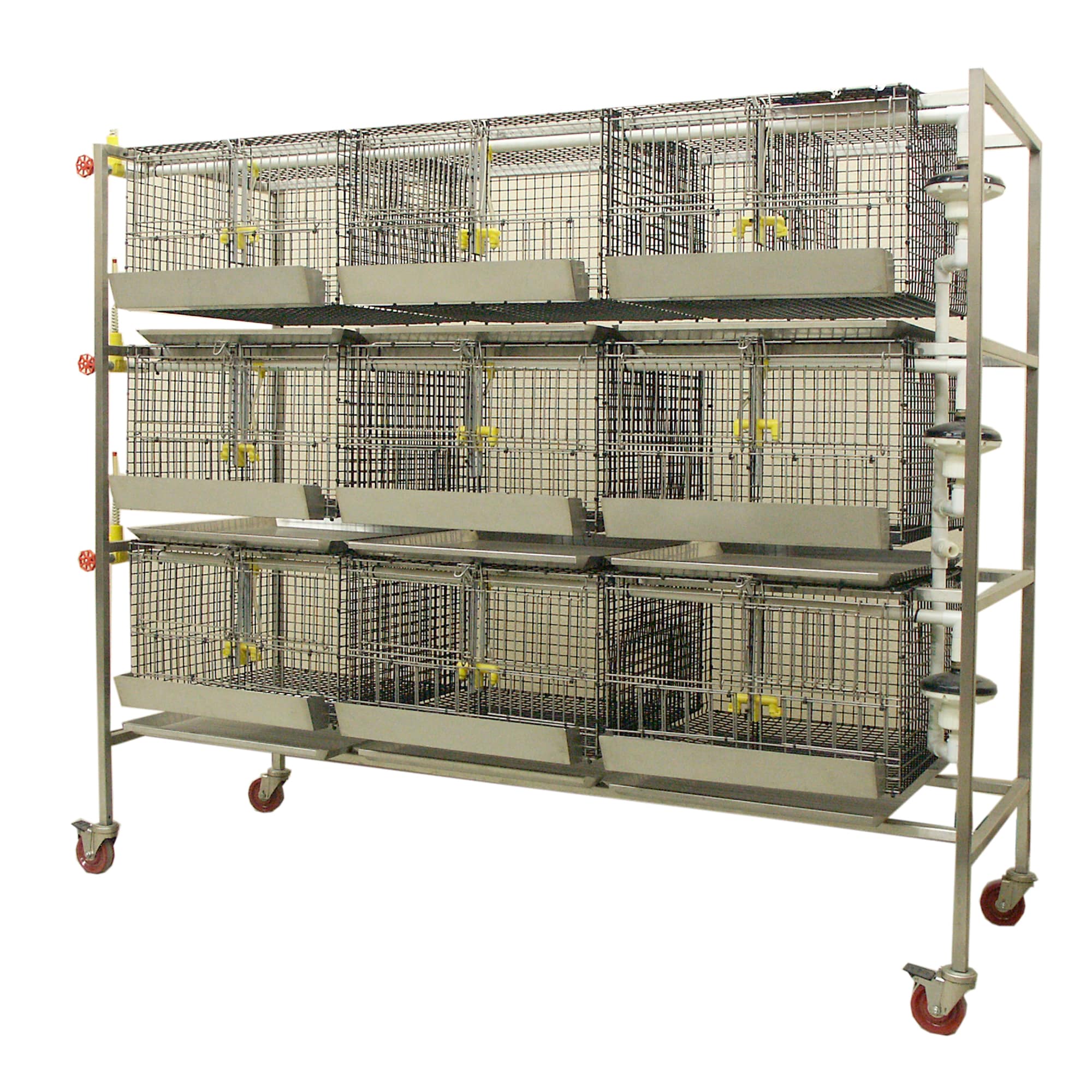Cleaning laboratory glass is more than just rinsing it under the tap and leaving it to dry. Because of the vast number of chemicals and substances that lab glassware comes into contact with, these products require a thorough cleaning process to prevent cross-contamination or residual substances from ruining future experiments. This blog post will discuss suitable methods for effectively cleaning laboratory glassware.
Methods of Cleaning
Some glassware can be cleaned with tap water and soap initially, but this method is rarely sufficient for laboratory glassware. Usually, glassware will need rinsing with a suitable solvent, depending on what products are within, followed by a further rinse with deionized water. If tap water is used to rinse the glassware, it must then be rinsed with a suitable solution to ensure any chemicals or contaminants are removed entirely.
Although manual washing is suitable for some equipment, it still poses many risks to personnel and the equipment itself. Any contaminants left in the glassware may cause inaccurate results in any tests carried out downstream or have harmful effects if someone comes into contact with them. Additionally, chemicals left in glassware have the potential to cause damage to laboratory equipment. What is the alternative? Many glassware washers are designed for use in any laboratory, ensuring glassware is thoroughly cleaned with the correct solution and lowering the risk of contamination or other problems.
Choosing a Laboratory Glassware Washer
Choosing a glassware washer for your laboratory requires consideration because they are available in different shapes, sizes, and configurations. Many of these washers look like your average household dishwasher, but they are far more essential and ideal for washing and disinfecting a wide range of glassware.
Whether you need to clean beakers, nozzles, test tubes, or a whole range of products, many manufacturers will offer additional accessories to suit your needs. These extras may include baskets for the safe containment of beakers, pipette holders, test tube trays, and plenty more. Additionally, your washer manufacturer should sell a range of detergents and neutralizing agents.
Glassware Washers from ARES Scientific
ARES Scientific works with highly regarded manufacturers to supply the most innovative and reliable equipment for your laboratories, wherever you are in the world.
We currently have nine laboratory glassware washers that range in size and style but can be further modified to suit your requirements. One of the critical aspects of these washers is they have multiple plumbing options that include cold water (CW), de-mineralized water (AD), and hot water (HW) to ensure the highest quality cleaning methods.
Our product range includes the following:
Miele PLW 6111 208V
This laboratory glassware washer is a slimline design with a wide range of accessories to support the safe and efficient cleaning of all your glassware. The Miele PLW 6111 is fitted with a full-glass door, allowing a full view of the inside and holding up to 126 narrow-neck glasses.
Miele PLW 8616 208V
The Miele PLW 8616 is a larger washer that can hold 216 laboratory flasks, 588 vials, or 294 pipettes, making it an excellent choice for larger laboratories or those with more equipment. It is an efficient washer with high pump performance, spray arm monitoring for reliable results, and the same plumbing options as the PLW 6111.
Miele PG 8583 208V
For an undercounter glassware washer, the Miele PG 8583 is a robust yet compact choice. It can hold up to 128 laboratory flasks and is an environmentally friendly machine designed to use minimal water while achieving outstanding results.
Your success is our primary interest, and we are dedicated to supporting our clients in their medical breakthroughs and improving their patient care. Are you ready to work with us, or do you want to learn more about our glassware washers? Contact us today, and we’ll be happy to discuss your needs.




